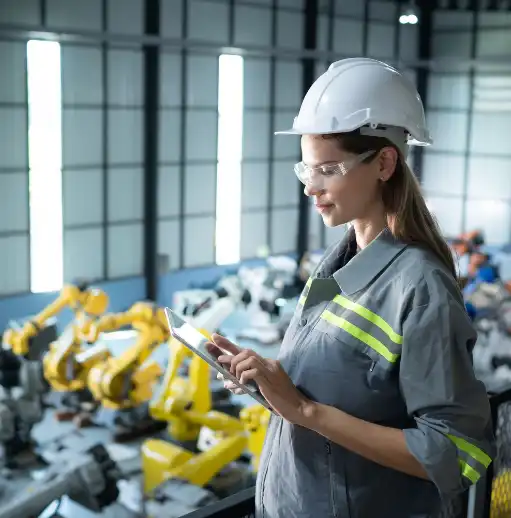In episode 378, host Mike Petrusky speaks with Martin Frohock, Global Workplace Experience Director at AVEVA where he is passionate about delivering a strategy that aligns with his team’s mission is to connect trusted information and insights that spark industrial ingenuity and help create a more sustainable future. Mike asks Martin about how the role of corporate real estate and facility management professionals has evolved to focus on strategy enablement rather than just services and operational support. They explore the power of technology, such as AI and data analytics, and how it will shape the future of real estate and the workplace. Martin says that workplace innovators will need to be fluent in data, understand technologies’ impact while also speaking the language of the business. Collaboration, curiosity, and being attentive to listeners are essential skills for workplace leaders as they care for the future of the built environment and the workforce.
Agenda
- Evolution of corporate real estate from operational to strategic
- The importance of workplace innovation in driving business change
- How technology, especially AI, is reshaping FM and workplace operations
- Advice for CRE professionals on future-readiness and leadership mindset
What you need to know: Workplace takeaways
Takeaway 1: Corporate real estate is now a strategic business partner
Martin explains that the CRE function has moved beyond operational support to become a key enabler of business strategy. This shift requires leaders to think more holistically about how space, people, and technology intersect to drive performance.
“The role of the workplace and real estate has already evolved. It’s already moved away from operational support. It’s more about strategy enablement.”
Takeaway 2: Workplace innovation is about meaningful change, not just aesthetics
Innovation in the workplace isn’t just about cool spaces—it’s about creating environments and systems that enable people to do their best work. Martin encourages leaders to focus on where change truly matters and to design experiences that support those outcomes.
“Workplace innovation is about designing environments and systems that drive change where it matters.”
Takeaway 3: Data fluency and tech literacy are essential for CRE leaders
To be effective in today’s environment, CRE professionals must understand how to collect, interpret, and act on data. Martin stresses the importance of maintaining data quality and using it to tell compelling stories that resonate with business stakeholders.
“Get fluent in data, you know, understand what it is, how it’s generated, how to position it in the right way, and do your maintenance in the right way around your data.”
Takeaway 4: Curiosity, collaboration, and listening are leadership superpowers
Martin believes that the most successful workplace leaders are those who remain curious, work well across teams, and listen deeply to the needs of others. These soft skills are just as critical as technical knowledge in shaping the future of work.
“Stay curious, be collaborative, and be both the hardest worker, but also the most attentive listener in the room.”
Workplace management insights
- CRE is no longer just about managing space—it’s about enabling business strategy and transformation.
- Innovation should be grounded in business needs and focused on outcomes, not just trends.
- Data and technology are powerful tools, but only if leaders know how to use them effectively.
- The human side of leadership—listening, learning, and collaborating—remains vital in a tech-driven world.
- Future-ready CRE leaders are those who can bridge the gap between operations and strategy, and who speak the language of the business.
Do a deep dive into more workplace insights by exploring all Workplace Innovator podcast episodes.









